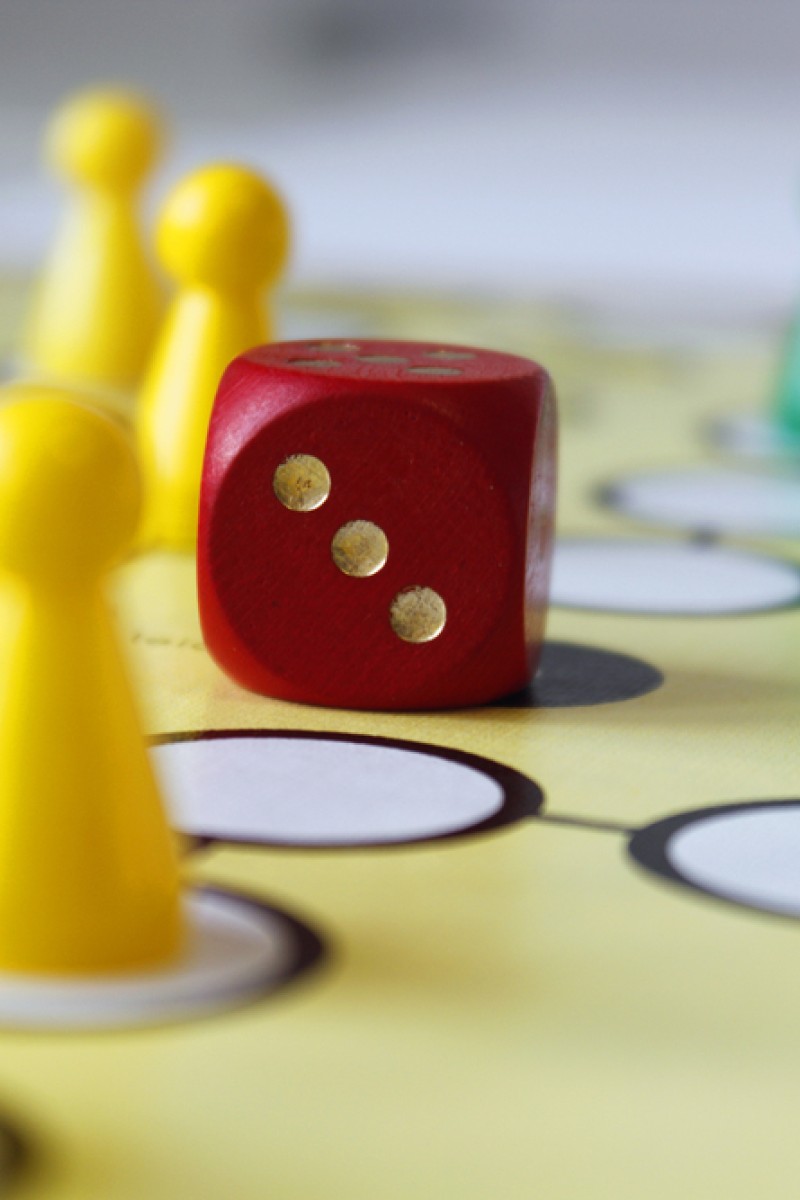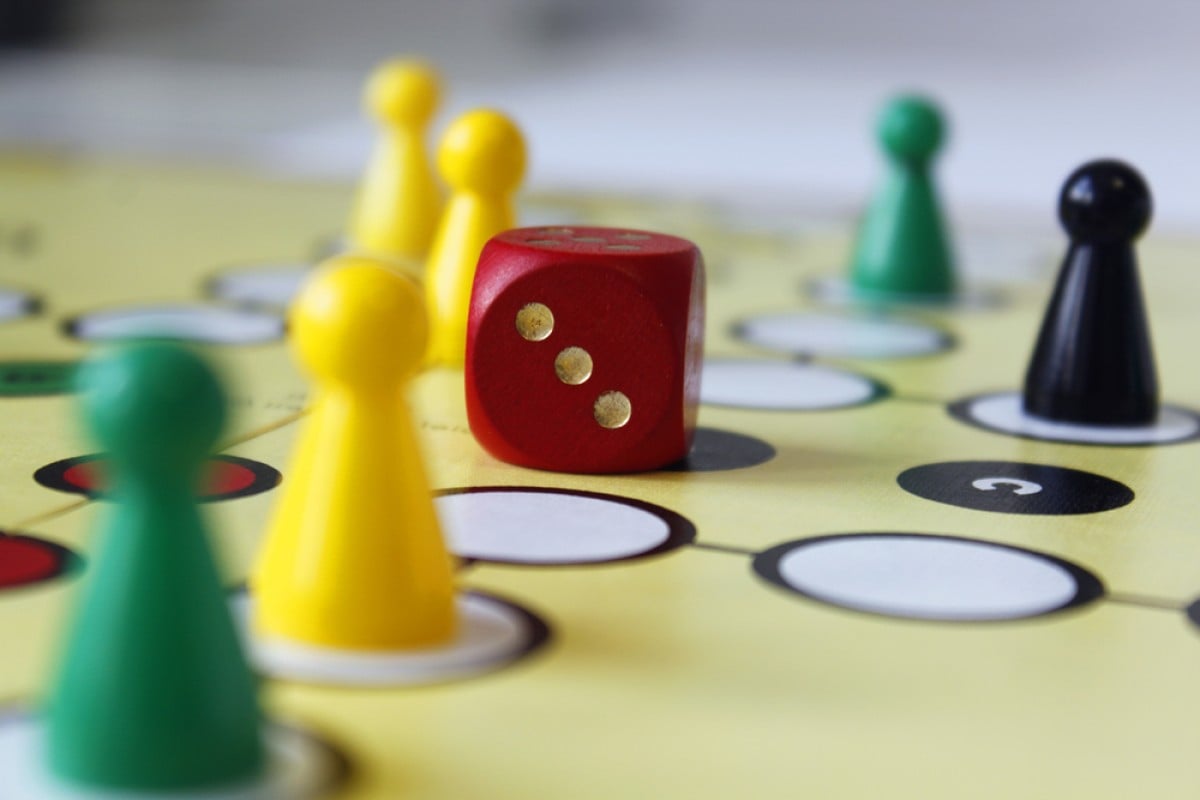
From Monopoly Deal to Settlers of Catan: the best board games to play with friends and family when you’re stuck indoors
Stuck at home during a typhoon and waiting for the T8 signal to be lowered? Instead of hunching over a screen, bust out one of these games to play with your family and friends

How did people cope during a typhoon when they didn’t have access to a smartphone, or a PC, or a console? It’s hard to imagine such a time, but it did exist – and who knows when you might be without power or – gasp – Wi-fi. With that in mind, here are eight board games that may be worth investing in for the next time you’re stuck indoors.
Settlers of Catan
Picture this: you’re a settler competing against other settlers for resources, land, and holdings. Players are awarded points as their settlements grow, and the first person to gain 10 points wins. This can be a little tricky at first, and you might need a bit of time before you fully understand it, but once you’ve got the hang of things you’ll be trading, building and settling in no time.
Monopoly Deal
The goal of this card-based version of the property trading game is to collect three full sets of property. Swap and steal property from your friends, or charge them rent as you make your way to the top. Though not technically a board game (there is no board involved), Monopoly Deal is much quicker to play (you can win a game within minutes) and a lot more exciting than the original.
Cranium
Think Pictionary ... crossed with Charades … mixed with Articulate … and a dash of Trivial Pursuit. There’s a little something for everyone (whether you enjoy drawing, acting, miming, wordplay, or general knowledge rounds) in this family-friendly board game – with a large variety of activities and challenges to uncover.
Dixit
This is a card game where players are each given a set of cards, and one person is designated the storyteller in turn. In each round, the storyteller picks a card from their hand and describes the picture on the card in a sentence or a phrase. The other players select a card from their own pile that best matches the storyteller’s description, and then try to guess which card the storyteller chose. Skill is needed to win this game: if no-one can guess (or if everyone is able to guess) guesses the correct picture, then storyteller gets no points.
Jungle Speed
Think of this like the card game Snap, but requiring more physical dexterity. Players take turns drawing and putting down cards. When two cards played consecutively match each other, the people who played those cards try to be the first person to grab the wooden cylindrical totem placed in the middle of all the players. You need to really be concentrating to win this – as well as having lightning quick reflexes.
Ticket to Ride
The aim of this game is simple enough: collect tickets to travel across the board. Actually getting across is harder than it sounds, and you’ll need to think strategically if you’re playing to win (which, of course you are). This is available to download on the Apple store as an app, but the board game is way more fun – it’s so much more satisfying watching the faces of your family or friends fall in person when they lose.
Spyfall
Played over several rounds, this is a great game to play with a large group of friends. All players are given a card showing them the same location (like a circus, or a ship), apart from the spy, who is given a card telling them they’re the spy. Players ask each other questions like: “How’s the weather?”, or “What are you wearing?”, and the object of the game is to come up with vague answers that don’t reveal the given location. The spy has to try to bluff their way to the end of the game, and the other players have to try to catch the spy before they guess the location.
Set
Home alone? Worry not, there are plenty of games to play by yourself other than Solitaire. In Set, 12 cards are placed face up on a surface. The object of the game is to collect sets of matching (or completely different) cards as quickly as possible. This is harder than it sounds – the patterns and symbols of each set might look the same when they aren’t, or vice versa.
